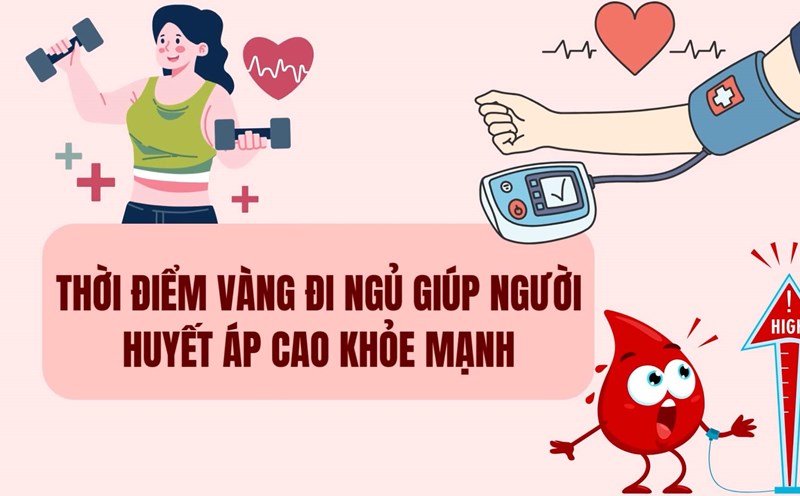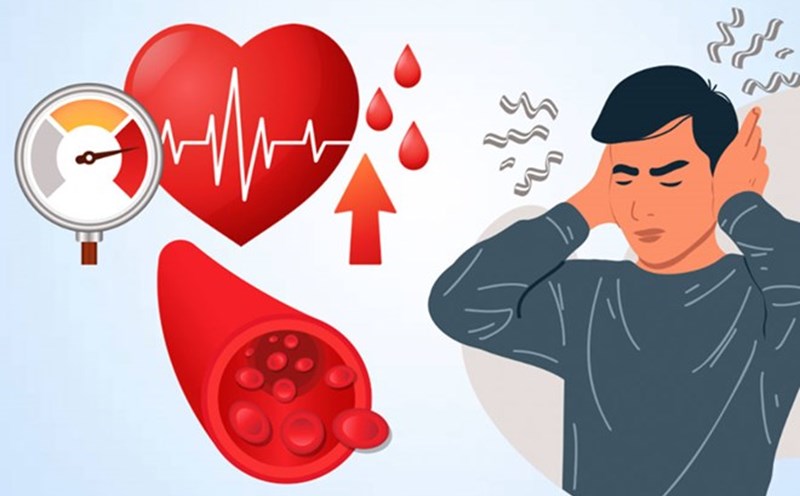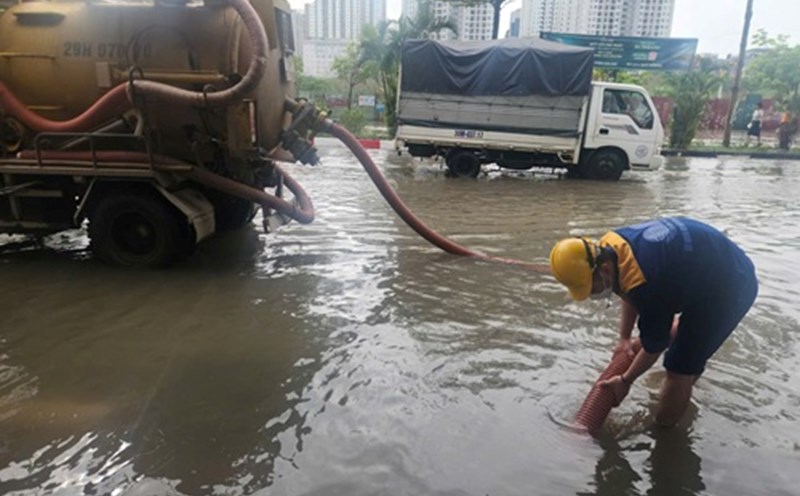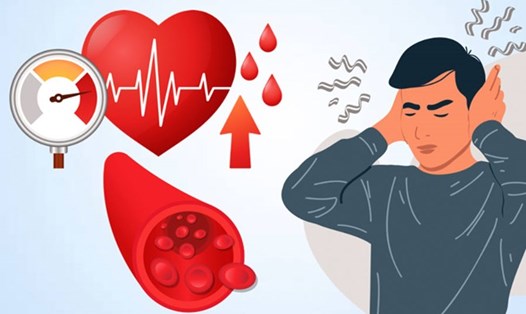Bathing is a daily habit that helps the body stay clean and relaxed. However, for people with high blood pressure, taking a cold shower can be potentially dangerous.
When exposed to cold water, the body temperature drops suddenly, causing blood vessels to constrict rapidly. At this point, the heart has to increase contraction to pump blood throughout the body, leading to a spike in blood pressure, according to the Mayo Clinic.
Patients may feel dizzy, headache, or nervous. In some severe cases, this reaction can increase the risk of stroke or heart attack.
According to the international health website Mayo Clinic, cold water can easily stimulate arrhythmia in people with cardiovascular disease.
For the elderly, the cardiovascular system is already weak, sudden temperature changes increase the pressure on the heart. In particular, if you shower in the early morning or late at night when the weather is cold, the risk is even higher.
Advice
- People with high blood pressure should shower in moderate warm water, about 36 - 38°C, to help blood vessels expand and circulate more easily.
- Do not shower for too long, should last for 10 - 15 minutes.
- Avoid bathing after eating well, drinking alcohol or after strenuous exercise.
- shower in a closed area, limiting sudden temperature changes.
A small but proper habit will help people with high blood pressure protect their cardiovascular system, reduce risks and have a healthier life.










